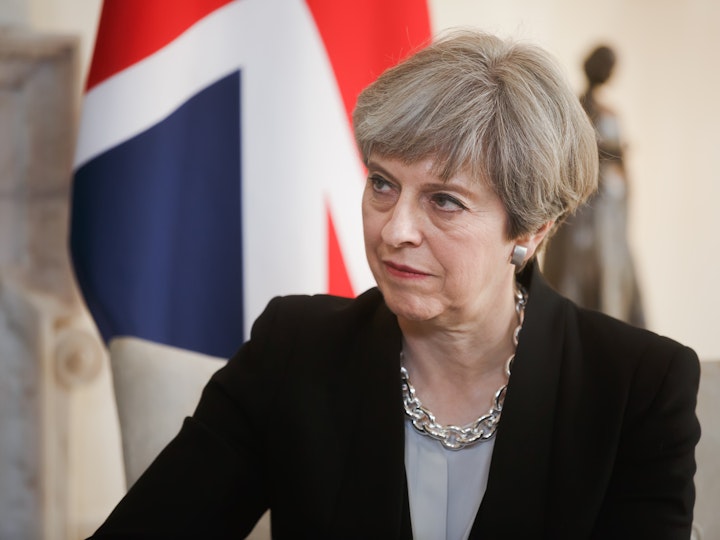The markets got it wrong again - time to bet on uncertainty?
The markets got it wrong, again

The financial markets thought they were going to get a strong and stable result (at least until late yesterday), what they didn’t want was uncertainty, but the British electorate has given them confusion. So whilst the markets have probably got it wrong again, with strong support for the pound (predicting a Tory victory), the reaction is now mixed.
The currency markets are down, and this has impacted on the rise of the FTSE 100, but so far the markets are steady awaiting news from the current prime minister - we have seen nothing like the reaction after the shock of Brexit. Despite media hype and also Labour ambition, it seems only a Conservative government is realistic either in a minority or with the DUP. The biggest threat now to the markets is the Brexit negotiations and the UK negotiating hand is significantly weakened but on a positive it looks likely only a soft Brexit would be palatable - unless of course we have another election in October...
Time to bet on uncertainty
The only thing certain is that we are living uncertain times. The markets don’t seem too surprised on the election results, but until a clearer picture emerges on the political front regarding government and the (possible change in the) persona of the prime minister, volatility in most financial markets will prevail. Time to bet on it? It is hard to predict directional changes; but whatever the chaos, a crash is not guaranteed.
| Published | 9 June 2017 |
|---|